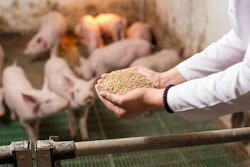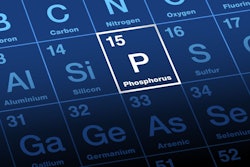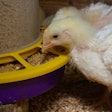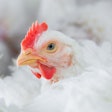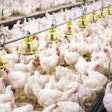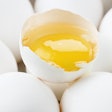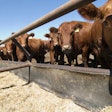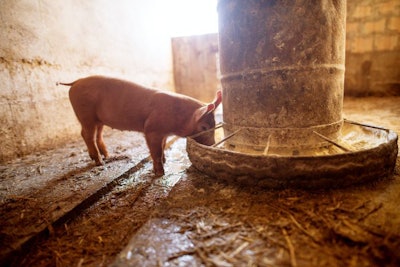
There are 3 main reasons a feeding program could result in diarrhea in piglets
The origins of some diarrheas in piglets can be not only from pathogenic causes but also from faulty feed design. Usually, nutritional diarrheas lead to secondary complications through pathogenic agents.
Pathogenic scours (e.g., Escherichia coli, Salmonella), as identified by proper diagnostics, require veterinary intervention to cure symptoms and eliminate the source of offending microorganisms. On the other hand, nutritional diarrheas usually follow or precede pathogenic complications, and a combination of nutritional and medical interventions is often required.
Nutritional diarrheas originate from three main faults in the design of a piglet feeding program:
- Feeds that fail to initiate vigorous feed intake immediately post-weaning cause hunger, followed by overeating when pigs finally associate dry feed with nourishment. Even short-term starvation is capable of diminishing the digestive and immune capabilities of the gastrointestinal system. Thus, when pigs overeat after a period of malnutrition, digestion is incomplete, resulting in excess amounts of substrate (energy and protein) available for proliferation of opportunistic pathogenic microorganism.
- Feeds of relatively low quality, employing second-rate ingredients to reduce feed cost, not only discourage the development of an early appetite, but their intrinsic low digestibility result in even more undigested material becoming available for bacterial proliferation in the lower gastrointestinal tract. This is why high-quality feeds are a must for successful weaning.
- Some ingredients contain antinutritional factors that may cause gastrointestinal inflammation. When this problem is combined with low feed intake and excess undigested feed, it is only natural to expect pigs to develop diarrheas.
It is also suggested that feeds with a high concentration of simple sugars and minerals may disturb the osmotic balance across the enteric epithelium, causing excessive water secretion in the lumen that may lead to loose stools. This is commonly called secretory or osmotic diarrhea, and usually leads to no pathogenic complications through secondary infection.

